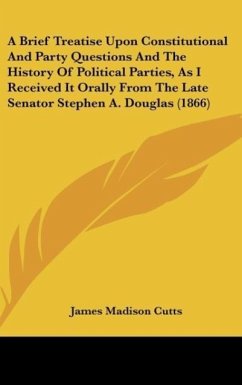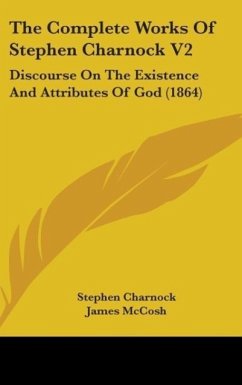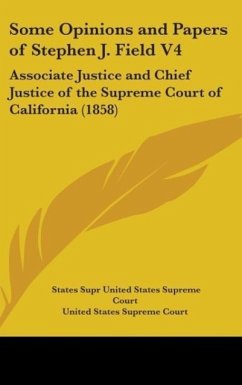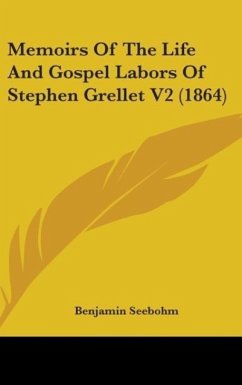
Stephen Dewhurst's Autobiography
Versandkostenfrei!
Versandfertig in 1-2 Wochen
25,99 €
inkl. MwSt.

PAYBACK Punkte
13 °P sammeln!
This dramatic homage, however, being of an altogether negative complexion, was exceedingly trying to us. Notoriously our Orthodox Protestant faith, however denominated, is not intellectually a cheerful one, though it is not so inwardly demoralizing, doubtless, as the Catholic teaching; but it makes absolutely no ecclesiastical provision in the way of spectacle for engaging the affections of childhood. The innocent carnal delights of children are ignored by the church save at Christmas; and as Christmas comes but once a year, we poor little ones were practically shut up for all our spiritual li...
This dramatic homage, however, being of an altogether negative complexion, was exceedingly trying to us. Notoriously our Orthodox Protestant faith, however denominated, is not intellectually a cheerful one, though it is not so inwardly demoralizing, doubtless, as the Catholic teaching; but it makes absolutely no ecclesiastical provision in the way of spectacle for engaging the affections of childhood. The innocent carnal delights of children are ignored by the church save at Christmas; and as Christmas comes but once a year, we poor little ones were practically shut up for all our spiritual limbering, or training in the divine life, to the influence of our ordinary paralytic Sunday routine.













